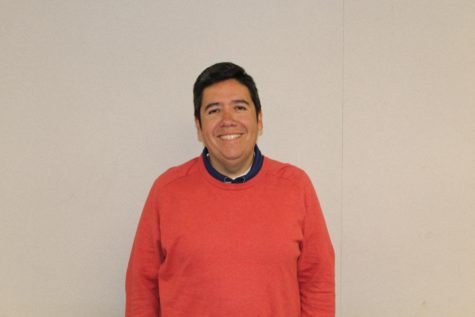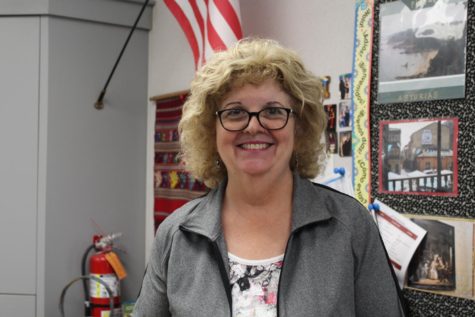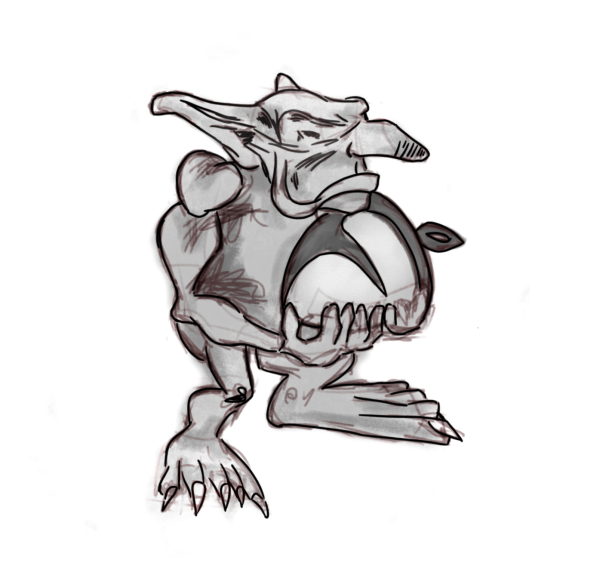Brands Must Diversify in Order to Remain Relevant in the Market
From high-end makeup brands found at Sephora to drugstore brands like L’Oreal, there is a lack of diversification of makeup products, resulting in limited options for certain bodies of people. This problem concerns not only race, but all forms of identities as well. Many brands make products that are not inclusive of all skin tones, and they also hesitate to hire those that do not fit into the typical image of a model. What these non-inclusive brands fail to realize, however, is that diversifying their products and choice of models will guarantee a much bigger demographic and bring in more income.
Brands are in danger of receiving backlash if they do not diversify their products. For example, L’Oreal has just recently fired transgender model Munroe Bergdorf for voicing her view against white supremacism. This tarnished L’Oreal’s reputation in many minds, and people did not hesitate to express their opposing opinions. Brands, and especially their ambassadors, should be encouraged to be speak their minds on social standpoints in order for all communities to feel represented. If they fail to do so, they will get backlash from customers and, like L’Oreal, endanger the success of their company. If companies want to attract customers, preventing backlash is a vital step that can only be taken by representing themselves as a company that supports all consumers.
It can be inferred that certain brands are afraid to be bold with LGBTQ+ models as they are worried about losing business. On the other hand, the attention of more people will most likely be brought towards brands that diversify. Certain parts of the world, especially California, are steadily becoming more and more open to LGBTQ+ communities, so hiring these models will draw attention from these groups and their products will consequently sell a lot more. For instance, when CoverGirl used a male to represent the company, they shared that they did not want certain customers and families to feel like their options are limited to what society expects of them. This was a huge step to achieving a universal feeling of representation of all identities and sexualities and helped CoverGirl achieve an even bigger demographic.
Along with gender issues, there are problems with makeup products not being inclusive enough, sparking up conflicts with customers. For instance, there are many customers who would like to buy a foundation dark enough to match their skin tone, but the range of colors being sold only accommodate for lighter complexions. However, diversifying products will actually expand growth. Lancome’s first hijab-wearing ambassador along with its extensive range of foundation shades drew a lot of attention from social media platforms, and positive articles from News Strait Times and more spread these topics. A similar effect took place with Rihanna’s Fenty Beauty, an inclusive makeup brand which offers a wide range of foundation shades and thus attracted many customers.
Overall, no matter what gender a person is or what skin color they possess, one should not feel like they have limited options when buying makeup. When companies represent themselves by using more inclusive foundation shades and models of many different backgrounds, they show that they are equally supportive of all of their customers. This should be emphasized in makeup brands much more often as it will leave a long-lasting historical moment for these companies as well.
Hello there! Our goal is to provide relavent, engaging journalism for readers of all ages. Your donation will support the student journalists of the Wolfpacket at Claremont High School, and will allow us to purchase equipment, print our monthly issues, and enter in journalism competitions. We appreciate your consideration!

Trask is a sophomore at Claremont High School, and on her second year in Wolfpacket. She is a reporter, and her favorite sections to write for are Sports...







